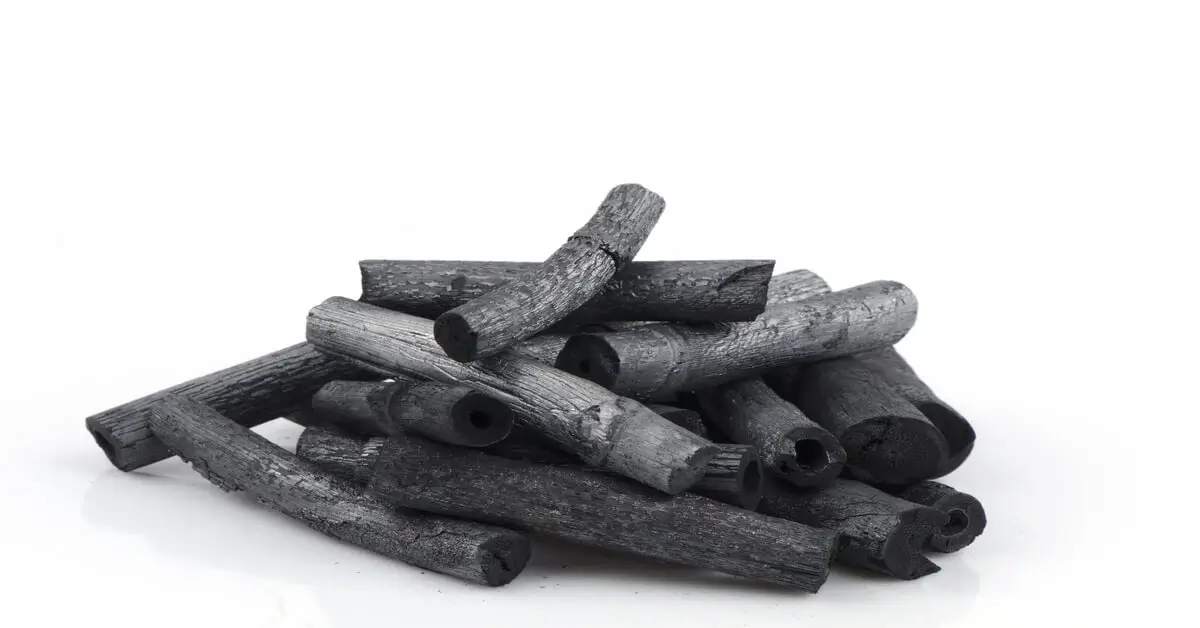Gardening enthusiasts are always searching for sustainable methods to enhance their gardens. One such solution that’s been gaining traction is biochar. We delve deep into the multifaceted world of biochar, shedding light on its history, benefits, production methods, and pivotal role in modern gardening.
What is Biochar?
Biochar is a type of charcoal created explicitly for agricultural use. Unlike charcoal, primarily used as fuel, biochar improves soil health and fertility. This soil amendment has been cherished for thousands of years, with ancient civilizations recognizing its value in enhancing soil fertility.
Benefits of Biochar in the Garden
1. Soil Health and Fertility: Adding biochar to soil can drastically improve soil fertility. It acts as a habitat for beneficial soil microbes, fostering the growth of soil microorganisms. This, in turn, promotes the breakdown of organic matter into nutrients plants can absorb.
2. Soil Structure: Adding biochar can improve soil structure for those with sandy soil or clay soil. It increases water retention in sandy soils and reduces waterlogging in clay ones. Improved soil structure further supports plant growth and soil health.
3. Carbon Sequestration: Biochar works wonders in locking carbon dioxide away. By turning carbon into a stable form and adding it to the soil, we effectively store carbon for thousands of years. This helps combat the adverse effects of excessive carbon dioxide in the atmosphere.
4. Improved pH Balance: The nature of biochar can neutralize the pH of your soil. Whether your garden soil is too acidic or alkaline, biochar can help balance it.
Making and Using Biochar

Creating Biochar: The process of making biochar, known as pyrolysis, involves heating organic matter (like wood chips) in a low-oxygen environment. For DIY enthusiasts, a biochar kiln can be used. The resulting biochar is porous and rich, ready to be introduced into the garden.
Using Biochar in Your Garden: It’s vital to activate or “charge” it before applying it. This means allowing the biochar to absorb nutrients, which can be done by mixing it with compost. Once charged, biochar can be added to the garden bed, ensuring plants receive the maximum benefits in the garden.
Potential Disadvantages
While biochar improves soil in many ways, it’s crucial to remember that not all soil types need biochar. In some cases, it might even negatively impact soil. It’s recommended to test a small garden patch first. Moreover, the source of biochar is vital; not all biochar is made equal. Some might be contaminated, so always ensure you’re sourcing from reputable garden centers or producers.
Lifespan and Types
Biochar is highly durable, and once incorporated into the soil, it remains active for centuries. However, the amount of biochar, its activation process, and the type of biochar all play a role in determining its effectiveness. The International Biochar Initiative provides standards and guidelines for producing and categorizing various biochar types.
Conclusion
Using biochar as a soil amendment isn’t new, but its resurgence in organic gardening is timely. With challenges like climate change and the pressing need for sustainable gardening practices, biochar offers a valuable solution. When used appropriately, biochar could be the secret weapon every gardener needs.
Remember, like all gardening methods, it’s essential to understand the specific needs of your plants and soil. While biochar offers numerous benefits, always ensure it aligns with the health goals of your garden.

